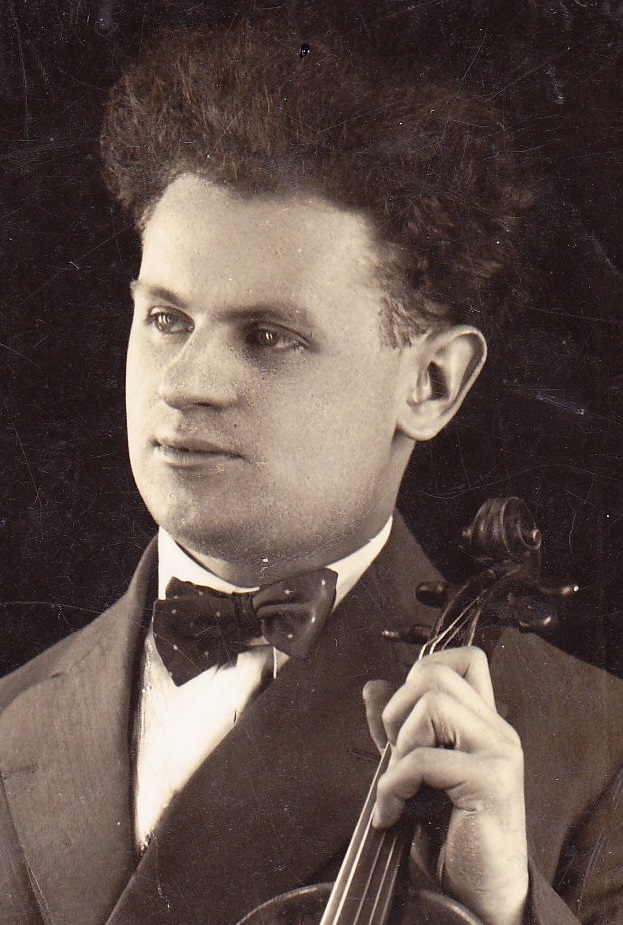|
André Mallabrera
André Mallabrera (15 June 1934 – 2 October 2017) was a French tenor. Born in Oran, (then in French Algeria), he was the son of singer José Mallabrera. After following his father into the watchmaker trade, Mallabrera undertook vocal studies at the Conservatoire d'Alger and in 1958 joined the Réunion des Théâtres Lyriques Nationaux.André Mallabrera page on artlyriquefr.fr accessed 27 February 2018. His career was based at both the Opéra Comique (where he made his debut in December 1958 as Almaviva), and the Opéra in Paris (his debut being Hylas in ''Les Troyens'' in May 1962). His voice, described as 'light, with immaculate French' was particularly at home at the former house in '' Mireille ... [...More Info...] [...Related Items...] OR: [Wikipedia] [Google] [Baidu] |
France Musique
France Musique () is a French national public radio channel owned and operated by Radio France. It is devoted to the broadcasting of music, both live and recorded, with particular emphasis on classical music and jazz. History The channel was launched by Radiodiffusion-Télévision Française (RTF) in 1954 as ''La Chaîne Haute-Fidélité'', then renamed in 1958 as ''France IV Haute Fidélité'', as ''RTF Haute Fidélité'' in 1963, and finally as ''France Musique'' later in the same year. It was known between 1999 and 2005 as ''France Musiques''. The conductor André Jouve was coordinator of programming and music services at France Musique during the 1980s. Programming The channel's schedules feature the transmission of many live and "as live" concerts (that is to say, those recorded live for broadcast at a later date), including the majority of the concerts given by the Orchestre National de France. Many of the concerts organized by France Musique are also broadcast in Canad ... [...More Info...] [...Related Items...] OR: [Wikipedia] [Google] [Baidu] |
Manuel Rosenthal
Manuel Rosenthal (18 June 1904 – 5 June 2003) was a French composer and conductor who held leading positions with musical organizations in France and the United States. He was friends with many contemporary composers, and despite a considerable list of compositions is mostly remembered for having orchestrated the popular ballet score ''Gaîté Parisienne'' from piano scores of Offenbach operettas, and for his recordings as a conductor. Early life and career Rosenthal was born in Paris to Anna Devorsosky, of Russian-Jewish descent, and a French father he never met.Nichols R. Manuel Rosenthal: Obituary. ''The Guardian'', 9 June 2003. His surname was taken from his stepfather, Bernard Rosenthal. He started his musical studies on violin at age 6, which he played in cafés and cinemas after his stepfather's death in 1918 to support his mother and sisters.Anderson, Martin, "A Century in Music: Manuel Rosenthal in Conversation" (April 2000). ''Tempo'' (New Ser.) (212): pp. 31-37. I ... [...More Info...] [...Related Items...] OR: [Wikipedia] [Google] [Baidu] |
Nicolai Gedda
Harry Gustaf Nikolai Gädda, better known as Nicolai Gedda (11 July 1925 – 8 January 2017), was a Swedish operatic tenor. Debuting in 1951, Gedda had a long and successful career in opera until the age of 77 in June 2003, when he made his final operatic recording. Skilled at languages, he performed operas in French, Russian, German, Italian, English, Czech and Swedish, as well as one in Latin. In January 1958, he created the part of Anatol in the world premiere of the American opera ''Vanessa (opera), Vanessa'' at the Metropolitan Opera. Having made some two hundred recordings, Gedda is one of the most widely recorded opera singers in history. His singing is best known for its beauty of tone, vocal control, and musical perception. Early years Harry Gustaf Nikolai Gädda, who later changed the spelling of his surname to Gedda, was born out of wedlock in Stockholm to a Swedish mother and a half-Russian father. He was raised by his aunt Olga Gädda and his adoptive father Michail U ... [...More Info...] [...Related Items...] OR: [Wikipedia] [Google] [Baidu] |
Les Contes D'Hoffmann
''The Tales of Hoffmann'' (French: ) is an by Jacques Offenbach. The French libretto was written by Jules Barbier, based on three short stories by E. T. A. Hoffmann, who is the protagonist of the story. It was Offenbach's final work; he died in October 1880, four months before the premiere. Composition history and sources Offenbach saw a play, , written by Barbier and Michel Carré and produced at the Odéon-Théâtre de l'Europe, Odéon Theatre in Paris in 1851. After returning from America in 1876, Offenbach learned that Barbier had adapted the play, which Hector Salomon had now set to music at the Opéra. Salomon handed the project to Offenbach. Work proceeded slowly, interrupted by the composition of profitable lighter works. Offenbach had a premonition, like Antonia, the heroine of Act 2, that he would die prior to its completion. Offenbach continued working on the opera throughout 1880, attending some rehearsals. On 5 October 1880, he died with the manuscript in his han ... [...More Info...] [...Related Items...] OR: [Wikipedia] [Google] [Baidu] |
